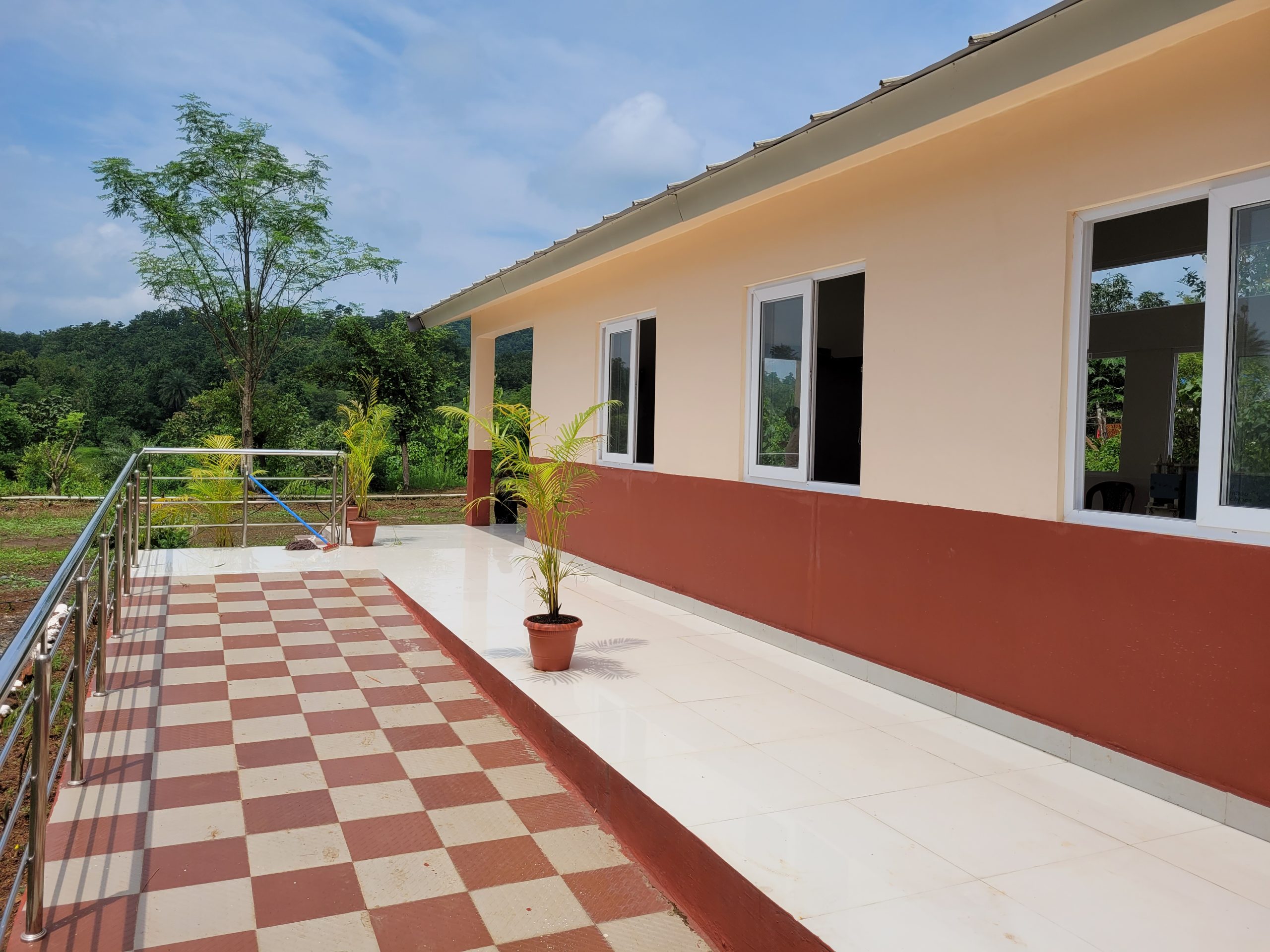The next exciting development in the SUNRISE journey has commenced! The community involvement team has been awarded some additional funding from the British Academy/Leverhulme Small Research Grants fund to carry out monitoring and evaluation of the SUNRISE Solar OASIS building from the perspective of the local Khuded residents.
This small (but important) piece of research is called Determining Equitable Benefits: Achieving Transitions in renewable Energy (DEBATE). DEBATE is about making sure that we understand the changes that villagers may experience in accessing the new building and its equipment – and if indeed everyone is able to access the hoped for benefits equally. This will be achieved through the medium of film, providing the Khuded residents with the skills and equipment needed to make their own short films exploring how the new building has impacted them.
Research Background
The move towards renewable energy technologies is vital for human and planetary health. Transitions from some traditional fuels such as kerosene can make energy more accessible and affordable for millions of low-income households and improve health and quality of life. Yet these new technologies may also threaten the livelihoods of those already vulnerable to climate change impacts. There have been concerns raised about possible exploitative business practices in some rural Indian villages and of increased inequalities due to higher costs of renewable energy than conventional grid power in urban areas. Our research will provide a deeper contextual understanding of this renewable energy transition from the perspective of a diverse group of villagers, including those more likely to be marginalised. For example, landless people and women, particularly older women, along with those more usually expected to benefit such as those with land and improved earning capabilities.
A key aim of this research is to transfer knowledge gathered within the community, the project and beyond to support upscaling of equitable renewable energy solutions. Given the major thrust on the promotion of renewable energy by the Government of India, the project is expected to provide valuable inputs which have relevance for policies and programmes in the field of renewable energy, and in particular to enhance community participation in the processes.
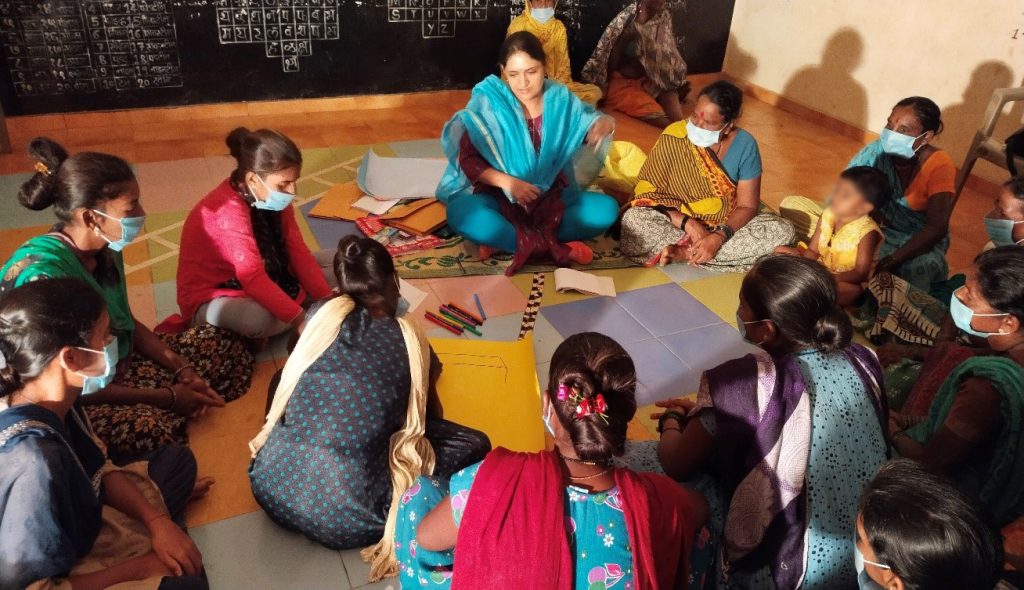
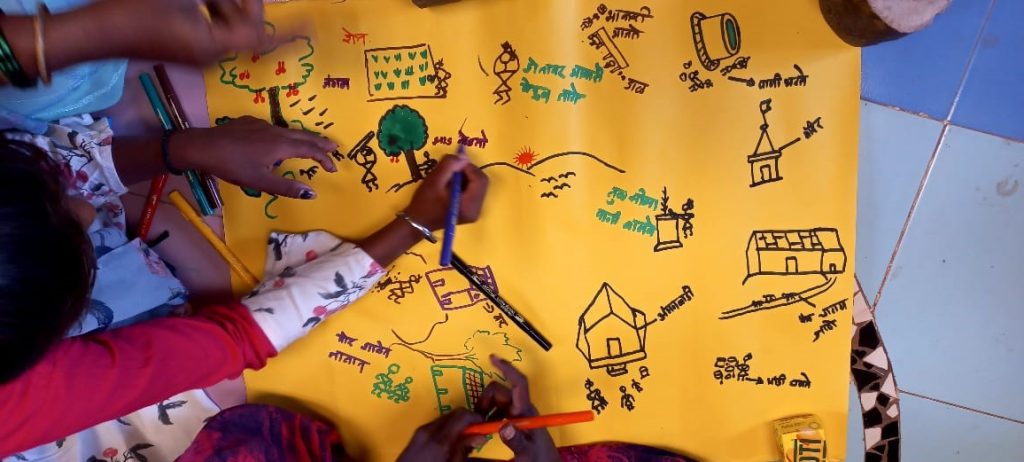
Participatory Methods
We are continuing with our approach of using participatory methods for involving people in this research (see here also). This time we will be carrying out Participatory Video (PV) and combining it with the Most Significant Change (MSC) approach. PV uses a range of techniques that aim to be inclusive and enjoyable for those taking part. It gives the villagers control of what is filmed and the messages to be shared. It has been used successfully within poor and marginalised communities, those with limited digital skills or access to technology, and for those with difficulty using written and spoken mediums. The MSC approach is used to understand how people experience interventions differently, such as access to the new solar-powered community building. The process uses ‘story-telling’ and involves collecting oral stories from the group, which will reflect differing experiences and how the group values what is most important to them as individuals and as a community. The combined PV-MSC approach can help our understandings of the different and possibly competing value sets of those involved with the new building.
Who is carrying out the research?
Our interdisciplinary team has established a longstanding relationship. Colleagues from the Tata Institute of Social Sciences (TISS) will lead the participatory video process in Khuded village. They have a close working relationship with Keshav Srushti, a local NGO active in Khuded, who will support with recruiting participants from the village.
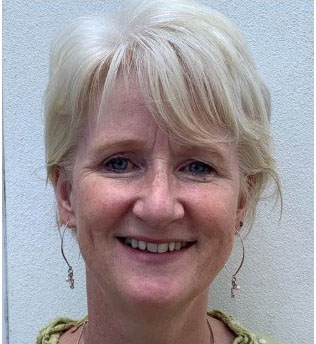
Principal Investigator:
Dr Carol Maddock, Research Officer at Swansea University
Email: c.a.maddock@swansea.ac.uk
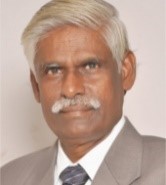
Co-Investigator:
Professor Siva Raju, Professor and Deputy Director at TISS
Email: sivaraju@tiss.edu
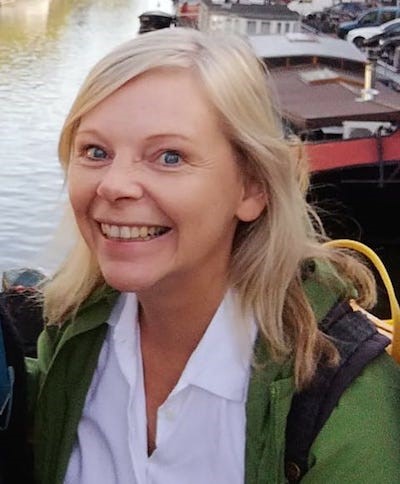
Co-Investigator:
Professor Minna Sunikka-Blank, Professor and Deputy Head of the Department of Architecture at the University of Cambridge
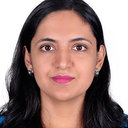
Ms Khushboo Ahire, PhD candidate at Tata Institute of Social Sciences
Email: khushboo.ahire@gmail.com
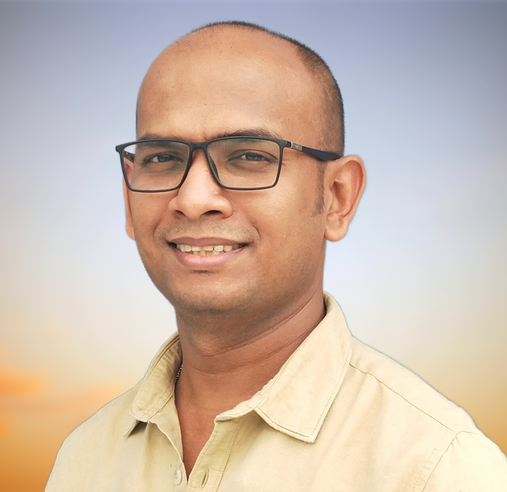
Dr Gandharva Pednekar, Research Associate at Tata Institute of Social Sciences
Email: gandharva.pednekar@tiss.edu
We also have the expertise of Professor Vanessa Burholt and Soledad Muniz on our research advisory board. Professor Burholt is a Professor in Gerontology in the Faculty of Medical and Health Sciences at Auckland University and is the Director of the University Research Centre for Co-Created Ageing Research. Soledad is the Director of Programmes at InsightShare and is experienced in using participatory video in international development.
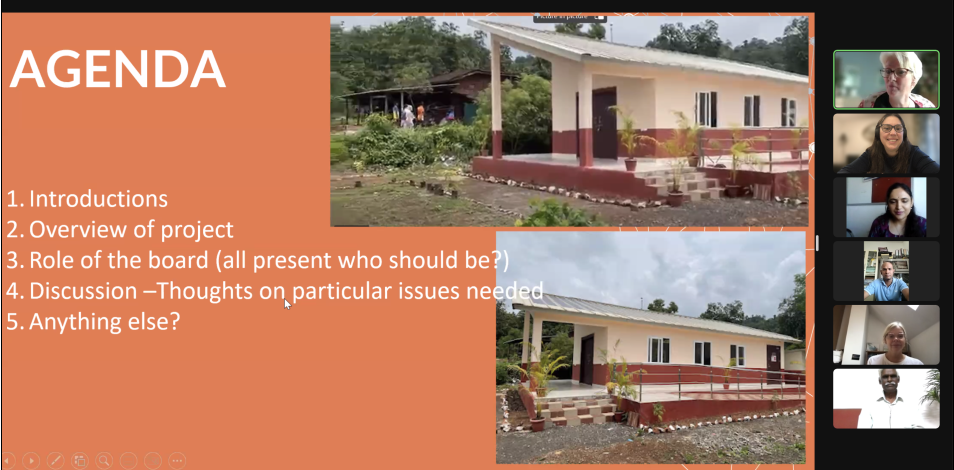
What does the research aim to do?
DEBATE aims to understand how successful the Solar-OASIS building is from the perspective of different community members. We also want to hear any suggestions that could help all members of the community to take advantage of what the building could offer.
The research will ask questions like:
- What has been the most significant change in your daily life since the building has been completed and in use (good or bad)?
- What has worked well? What has not worked well?
- What recommendations do you have for making improvements or that could prevent unwanted changes?
How will the research be carried out?
The research team will invite a small group of people (men and women of different ages) living in Khuded village to take part in the participatory video activities. We will capture stories, create story boards and film using mobile phones to describe and share the group’s concerns.
All the equipment is provided, and no previous experience or skills are needed. The video skills are developed throughout a number of sessions using games and exercises. The process aims to be inclusive and accessible and can help to bring people together to explore issues, voice concerns and creatively tell stories. At each stage in the process, every participant will be able to participate equally to tell, listen, and gather stories important to the group.
Others who have taken part in this type of activity have found the process to be empowering and that it has helped them to communicate ideas and needs to different groups of people including decision-makers that could respond to issues raised.
The approach can help us as researchers to document how people experience (positively or negatively) the Solar OASIS building through the collection of stories told by participants and the discussions following these.
Films created can be shared first with people in the group and then with the wider community in a public screening if the group decides that is appropriate. These public screenings have been used in similar research settings to highlight any issues or concerns to invited guests or to share recommendations for action.
Participatory Video and Most Significant Change
As the social research team we benefitted from expert training from InsightShare. InsightShare are pioneers of a range of participatory approaches to monitor and evaluate projects and programmes and have delivered more than 400 projects in over 60 countries for over 20 years.
Participatory video is particularly useful for project monitoring and evaluation. The process facilitates community members to use video to document their ideas, or to focus on particular issues. The videos can be screened in the village and this ensures that members of the wider community are also involved in the process. The whole approach can effectively promote discussions that can make sure that any teething problems or issues are managed quickly.
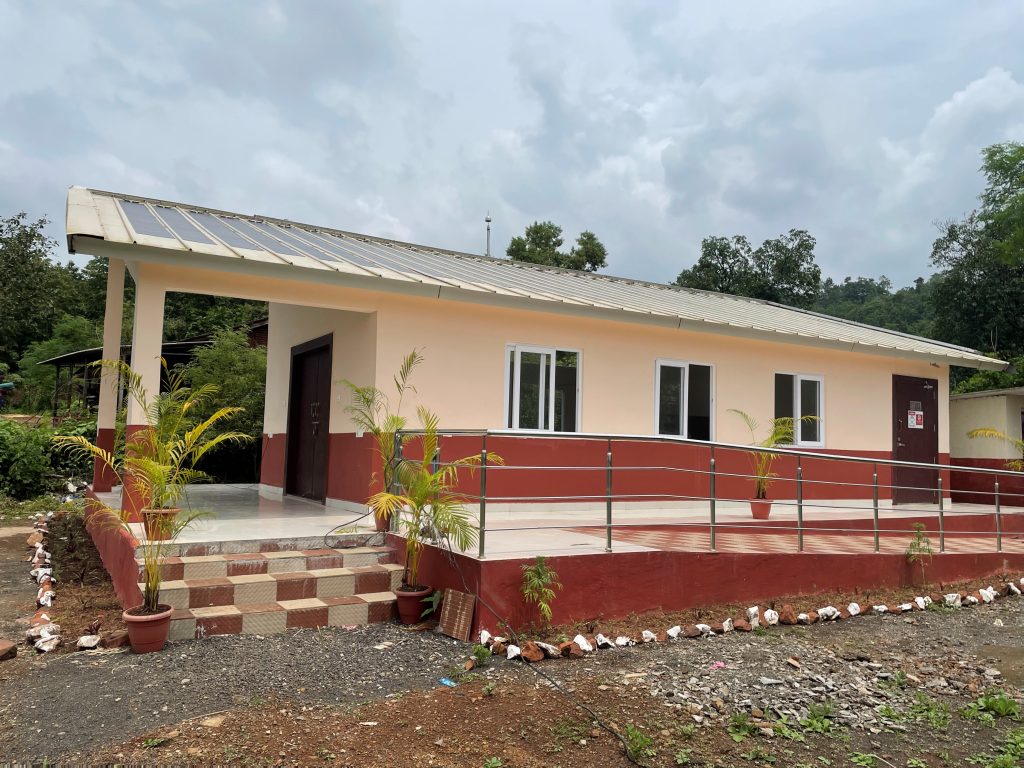
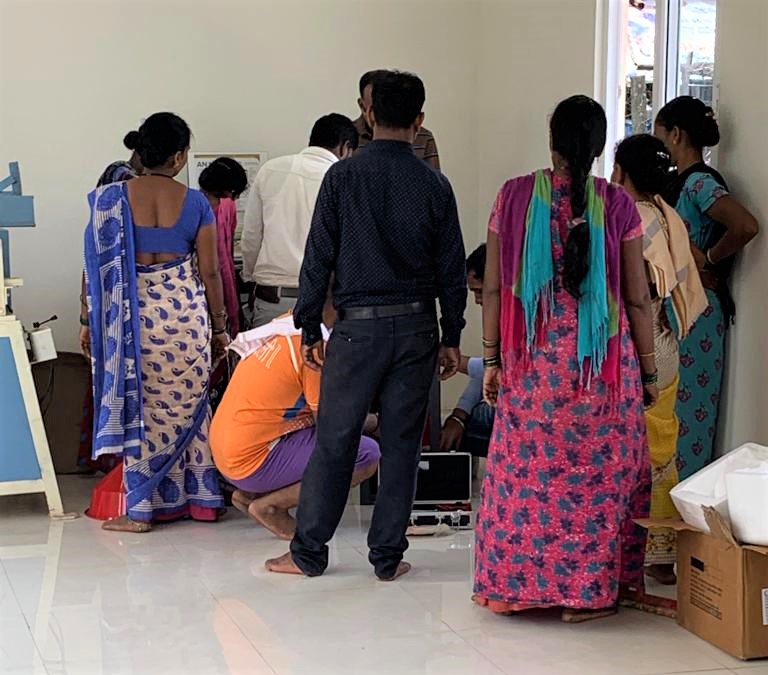
DEBATE is funded by a BA/Leverhulme Small Research Grant (BA SRG22\220462).

